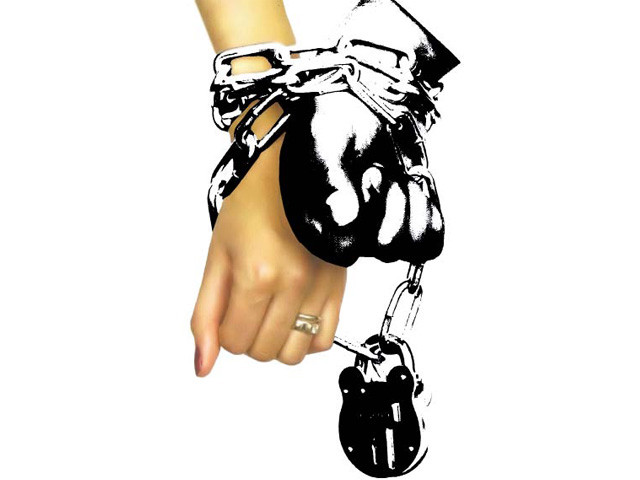Underage victims: ‘To stop child marriages, state needs to step in’
Marriage at an early age has dire repercussions for women, their children and the community.

Marriage at an early age is a harsh reality for many young women, with dire repercussions for them, their children and the community. Still, according to UNICEF, child marriages accounted for 32 per cent of all marriages in the country from 1987 to 2005.
During a consultative meeting that was held to discuss the sensitive topic on Monday, it was shared that not much is expected to change in the next decade if the government does not take the issue seriously. Around 100 million girls are expected to enter into child marriage in the next decade, it was said.
Participants got together to map out the social, medical and legal work being done to decrease the prevalence of child marriages.
Qindeel Shujaat, legal adviser on human rights, said that while there are laws to prevent child marriages, the Child Marriages Restraint Act 1929 hasn’t been modified in 82 years. “The punishment for violating the law is a fine of Rs1,000, or one month imprisonment. If a marriage involving children takes place, the adults are punished, but the marriage is not dissolved,” she said. However, according to Shujaat, the law’s implementation is non-existentant.
Participants recommended that the minimum punishment be increased to two years and the fine to at least Rs100,000 to deter offenders. Penalties should be applicable on parents of both the bride and groom. Also, the minimum age for marriage for both boys and girls should be 18 years. While a 16 year-old girl is eligible for marriage, she cannot vote, drive or open a bank account. The groom is required by law to be 18 or above.
In addition to the legal framework and social implications, health consequences of child marriages were also highlighted. Girls are at a higher risk of birth-related morbidities such as fistula, post-partum haemorrhage, sepsis and hypertensive disorder. The underage mother and child’s psychological health is also adversely affected as the transition to motherhood is abrupt and premature.
“Young girls lose control over their bodies and lives. Patriarchy determines the girls’ fate and they are imprisoned in an adult life while still children,” said Uzma Tahir, policy manager Actionaid. She also stated that it was imperative to change the societal mind set that considers women the personal property of their male family members. “The difficulty in bringing about reforms is doubled as laws are not conducive to change,” Tahir said.
Rutger’s WPF Country Director Qadeer Baig said, “We want to engage the media to raise awareness on early marriages and pregnancy and influence policy makers and government officials to bring about legislative change in the minimum age of marriage.”
The event was jointly arranged by Actionaid, Bedari and Plan International.
Published in The Express Tribune, September 11th, 2012.



















COMMENTS
Comments are moderated and generally will be posted if they are on-topic and not abusive.
For more information, please see our Comments FAQ